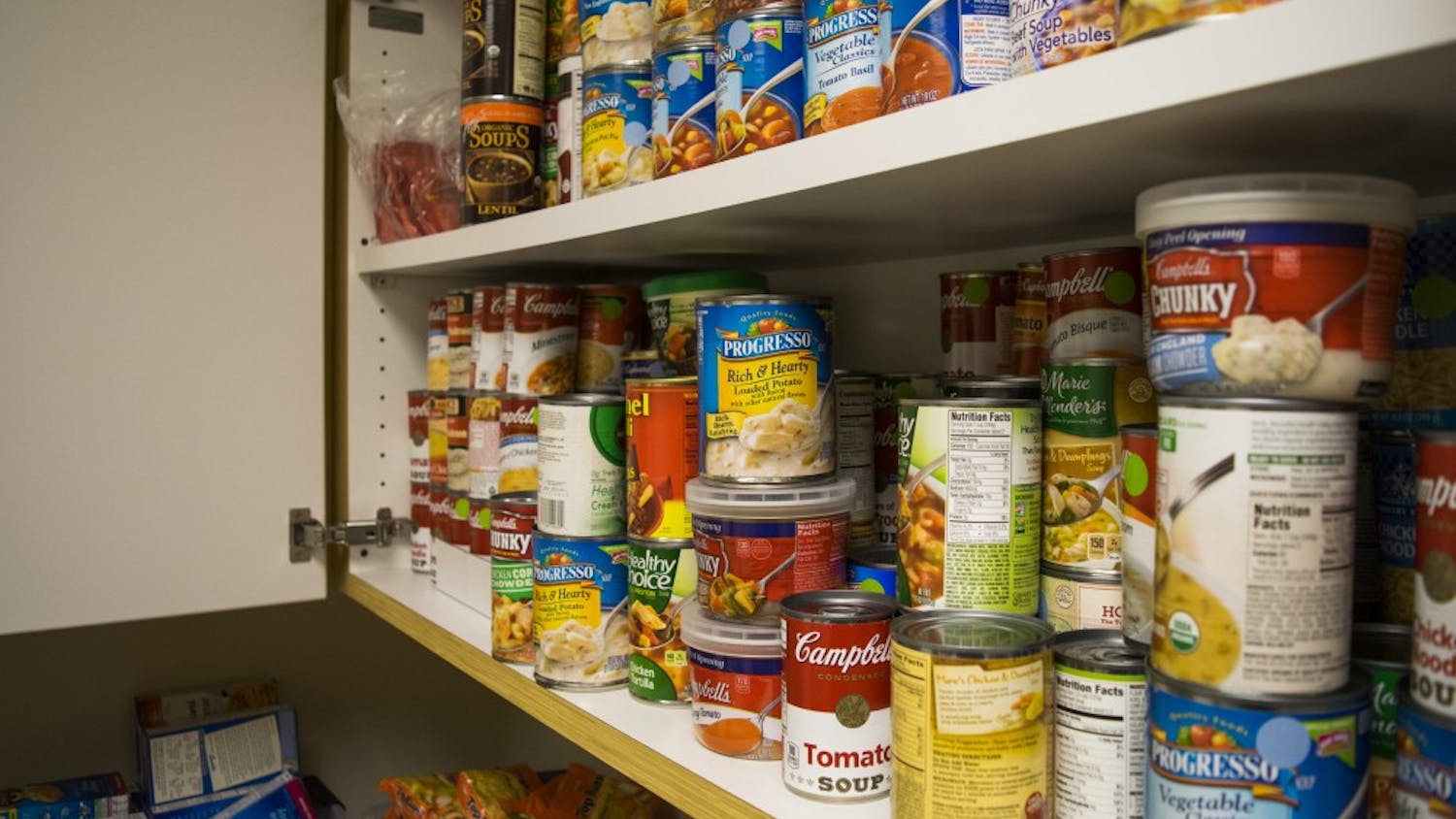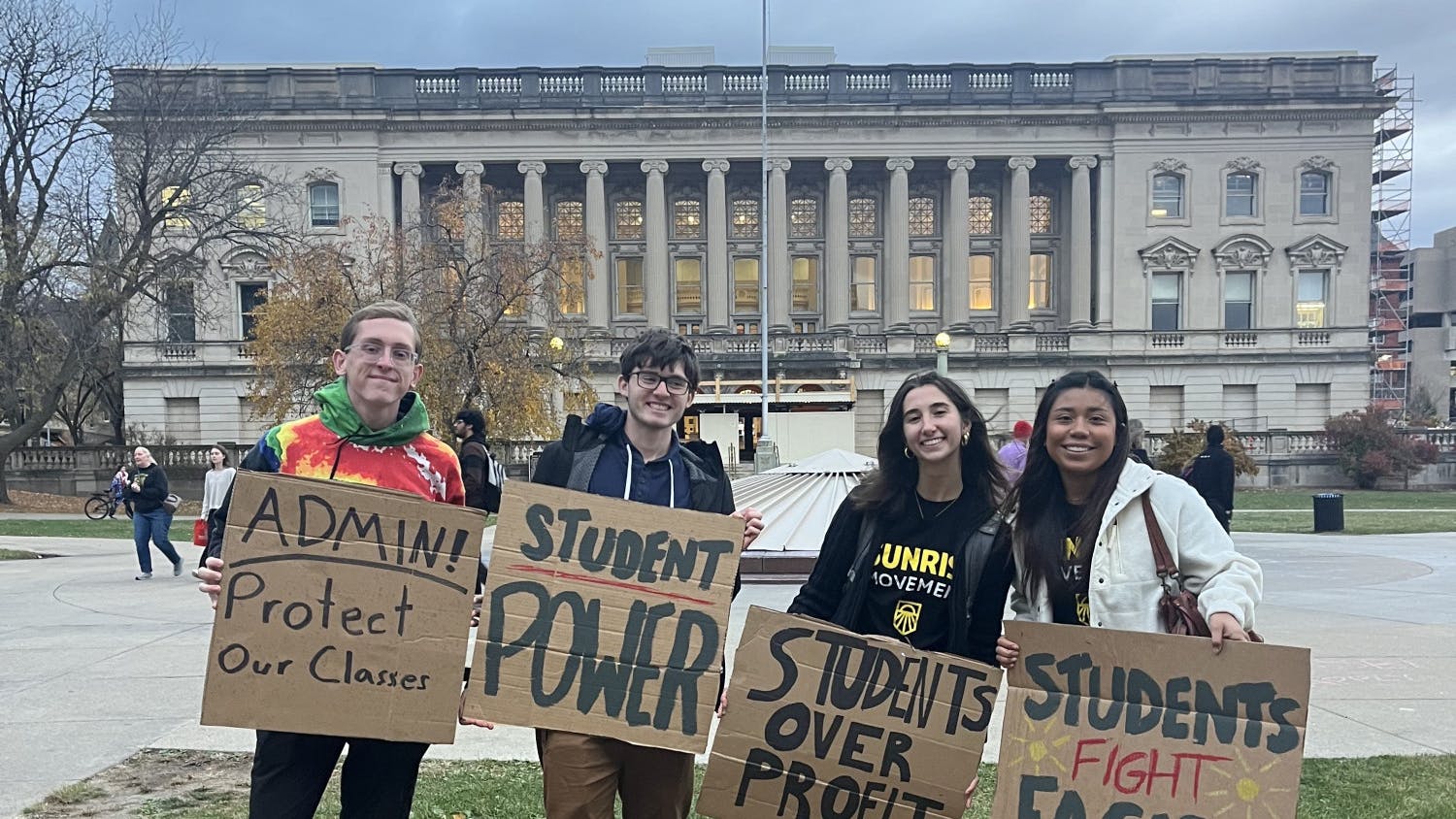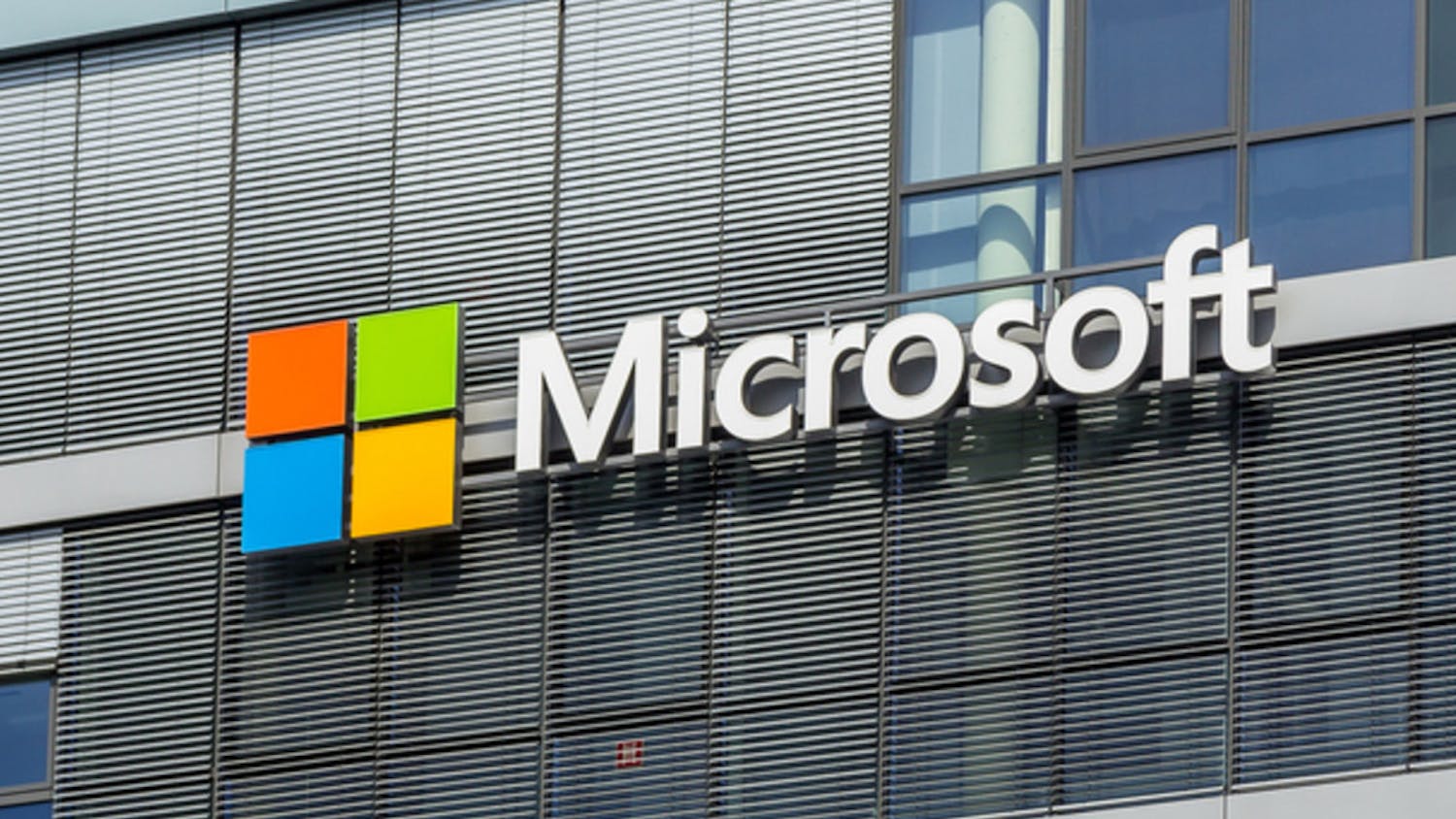A pair of dramatic disclosures rocked the world of stem cell research to its foundations in recent weeks. Discovery of fraud at a top international research center and a breakthrough in stem cell culturing at a research facility affiliated with UW-Madison have each jolted a field of research already wracked by ethical issues.
In late December it was revealed that a South Korean researcher, Dr. Hwang Woo Suk, famous for his expertise and discoveries on cloning, apparently fabricated evidence for much of his research.
While the investigation is still underway, doubts have risen on many of Hwang's other claims that have made him a famous name. His claims have also been published in many U.S. scientific journals, most recently this past May.
In a more hopeful development for researchers, a science journal reported Wisconsin scientists working at the WiCell Research Institute, a private laboratory affiliated with UW-Madison, had developed a new culturing method for stem cells, the first to grow cells without the help of animal proteins, Jan. 1.
To successfully grow living cells outside the body requires a specific mix of nutrients and growth factors, which can be obtained from mouse embryos. However, should stem cells be transplanted for human therapy, some scientists worry that animal viruses could be taken up by human cells and infect human patients.
'This is a big deal because with the old media they were worried about animal proteins and diseases being transferred to humans,' said Andrew Cohn, a spokesman for WiCell Research Institute. 'When this new media is perfected, it will be much easier for the FDA to approve putting these cells in humans.'
Tenneille Ludwig, a UW-Madison research scientist working at WiCell, was a major contributor in developing this new breakthrough.
'Not only can we now decontaminate existing cell lines, but we know we have the ability to produce new lines that never have had contact with animal proteins. This may be important in the use of future cells,' Ludwig said.
She was reluctant to comment on Hwang, but said the disclosure 'appears to be a developing into a sad and tragic story.' Ludwig added that what is happening in South Korea has no effect on the research going on at UW-Madison.
'They are doing cloning. Nobody on the UW-Madison campus is involved in cloning,' Ludwig said. 'What is happening in a lab halfway around the world has no impact on what is going on here, especially on this campus.'
Jeffrey Jones, Director of the IVF laboratory at the UW Hospital and Clinics, agreed with Ludwig that what is happening in South Korea is an isolated incident.
'All the facts have not been out yet, so it is hard to say what has happened,' Jones said. 'It gives the whole scientific community a bad name, having someone who would falsify their results.'





